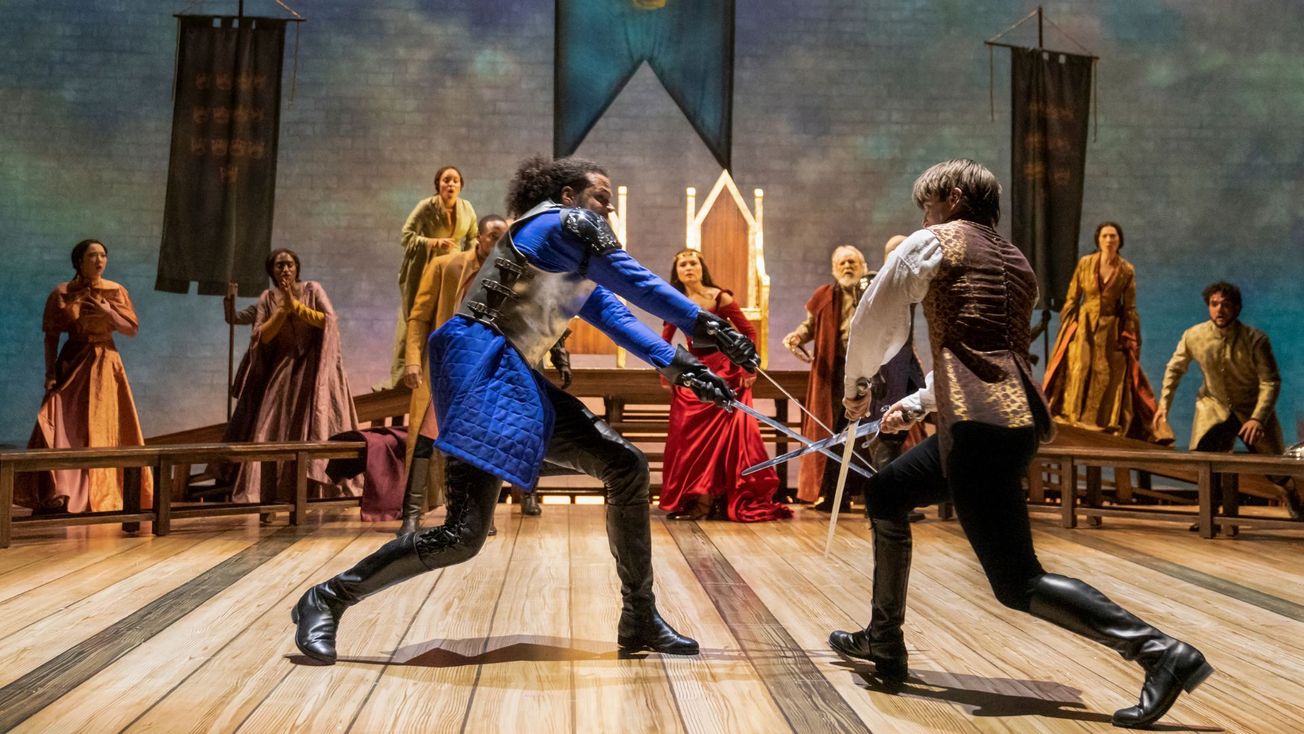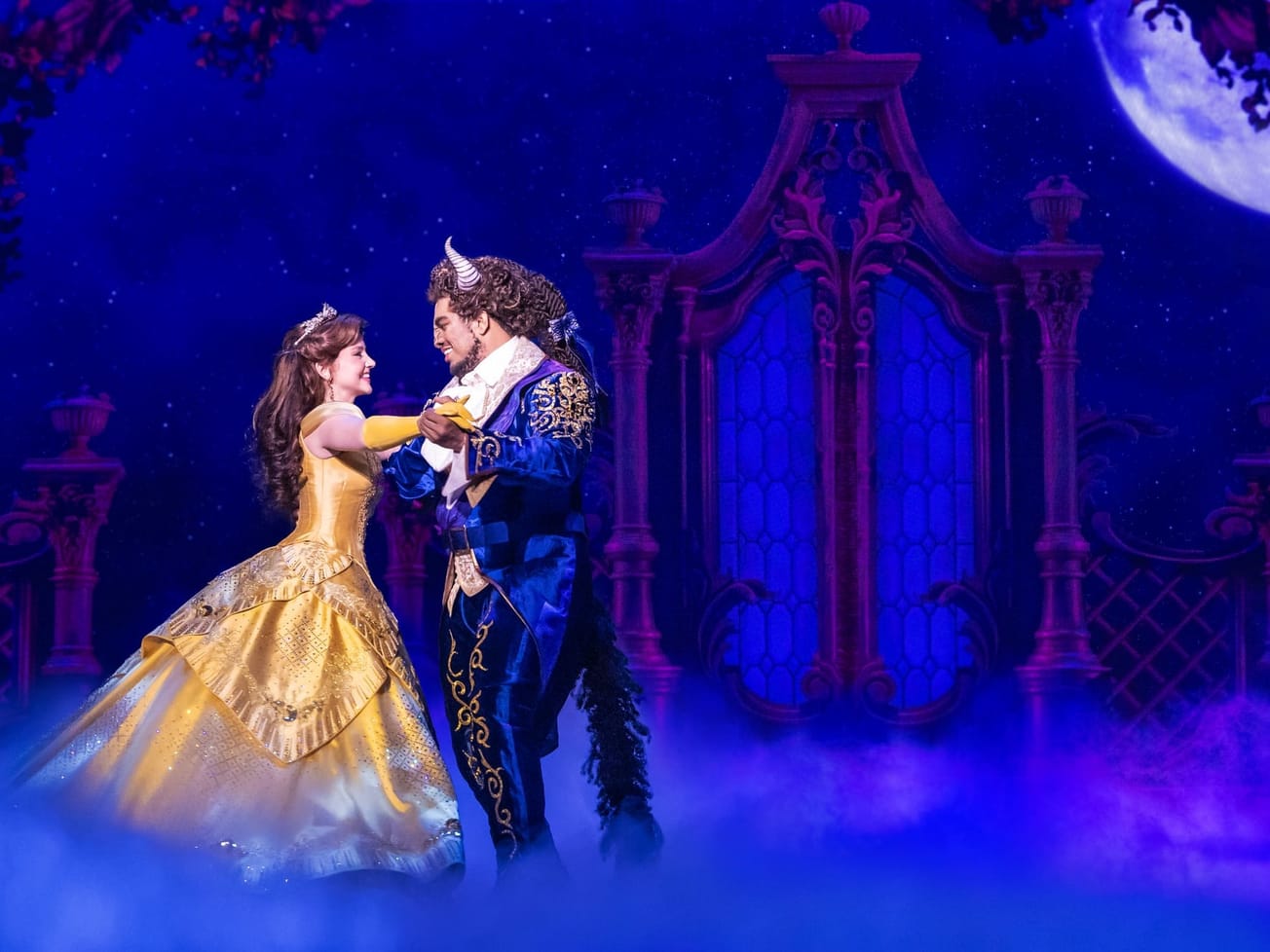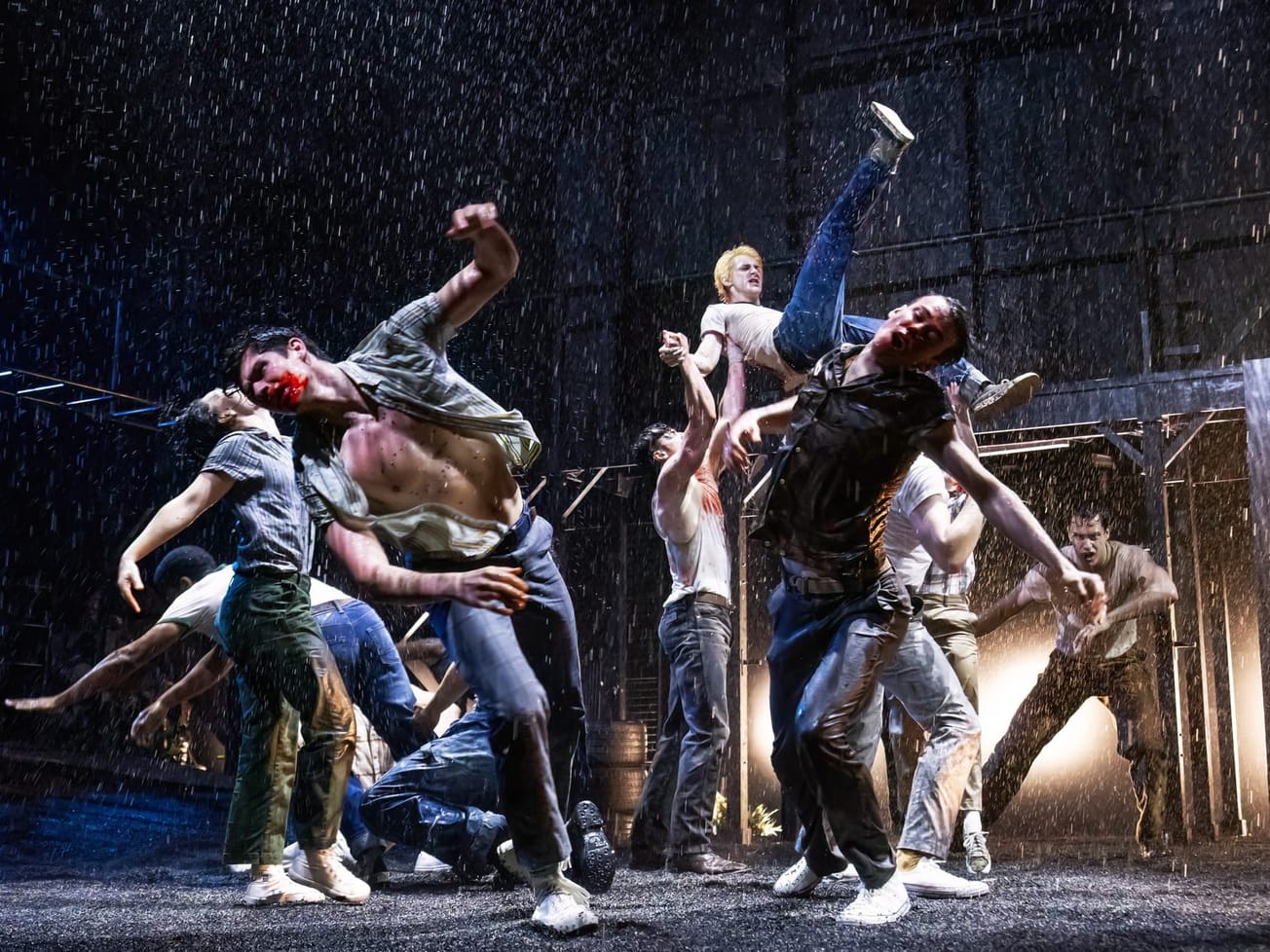As anti-Semitism, racism and divisions between North and South rage, a revival of “Parade” recently bowed on Broadway. A year after Stephen Sondheim’s death, the arrival of a new “Sweeney Todd” resurrects a story of revenge and a “city on fire.” The reviving of such musicals is timely, as is often thought to be required for a Main Stem return. Enter “Camelot.” On its face, the 1960 musical might seem too sweet or too yesteryear to say anything prescient. Director Bartlett Sher and writer Aaron Sorkin have set out to prove that wrong.
Though the musical’s current revival — its fifth — features the original score by Frederick Loewe (music) and Alan Jay Lerner (lyrics), Sorkin has written a brand-new book under the exacting guidance of collaborator Sher.
Based on the legend of King Arthur and his Knights of the Round Table, the story of “Camelot” begins with Arthur preparing to take a wife and the crown and follows his pursuit to transform knights from pillagers into fighters for justice.
For his script, Sorkin has removed the musical’s signature fantasy elements: Gone are King Arthur’s transformation into a hawk, as are Merlin’s spells. What remains, then, is Sorkin’s grounded tale of a kingdom trying to find its footing, and its young royal attempting to become a leader. This “Camelot” hones in on a society struggling to define itself amid chaos. Sound familiar?
“We live in a world right now that seems like the light is decreasing,” said Andrew Burnap, the Tony Award-winning actor who takes on the role of Arthur. “This is about a young man who firmly believes, without any sarcastic detachment, that humans can be better. We can create systems that actually help society’s most vulnerable people and, when you hear that, it’s almost like an act of resistance against the modern world. That, to me, is so deeply moving.”
But it’s not only a rallying cry to improve, it’s an invitation to question. Sher holds the conviction that — since its debut — each generation has the right to examine itself in the way that “Camelot” asks one to. “When I try to think about why I’m doing [a revival] now, I always think of the history of the piece,” Sher explained. “‘Camelot’ opened in 1960 and then became beloved around Jackie Kennedy. I think each new generation wants to think about where they are, what they’re aspiring to and what they feel like they’ve missed.”
“The piece is caught in between that: where you feel a kind of loss for one place (where we were as a country), and where we are moving. And it asks these great questions that the Arthurian legends bring up,” Sher continued. “It felt like we should ask [those questions] now and see where we were.” But Sher wanted to do it with a new book.
For Sher, Sorkin’s career-long quest to use the past to learn for the present — apparent throughout his writing, be it for “The West Wing” or his stage adaptation of “To Kill a Mockingbird” (which was directed by Sher) — made him the writer for this job. Together, Sorkin and Sher contend that taking a story out of the present may be the most effective way to open audiences’ minds.
Sher went on to reference Bertolt Brecht, stating, “his technique for talking about the present was to go to some place where you weren’t and look at the conditions of that world. So we’re going to the Middle Ages — we’re set in a period — and then through that the audience makes its own connections.”
From a cast perspective, Burnap has no trouble connecting the dots. “When [Aaron] took the magic away, I think he implicated every single person coming to see this in the story — that it’s actually about all of us, and we have to do better, and we can do better. The magic was beautiful and great [but] it sort of allows us to say, ‘That’s not us.’ Whereas now, it is completely a political drama — with these beautiful songs. It’s such an interesting dichotomy.”
Wrapped in a medieval package, this political-drama take on “Camelot” is suited to Sorkin’s self-described romantic and idealistic style, a strong fit for this lore. He matches sword-fighting and verbal sparring with humor and wit. “His scenes really play and they lift the rhetoric and scale of the piece,” Sher said.
Although this “Camelot” is still a sweeping musical — with elaborate costumes by Jennifer Moeller and an orchestra of 31 — Sorkin has been stripping away to the purity of how he envisions what a “real” kingdom of Camelot might have been. “It’s like playing a game of telephone and you view the original ‘Camelot’ as a version of Camelot,” said actor Jordan Donica, who plays the knight Lancelot Du Lac. “As Aaron said, there are hundreds of versions. What we tried to do is distill it down to: What was that first real interaction like?”
One thing is clear about the initial Arthur: He was young and unsuspecting. “What’s been missing from most ‘Camelot’s — because most ‘Camelot’s cast seasoned classical British stars with great gravitas and experience behind them — is a naive young boy,” noted Dakin Matthews, who plays Merlin.
“Andrew brings such innocence to the part,” Matthews continued. Other Arthurs like the original Richard Burton or the 1981 revival’s Richard Harris brought gravitas, practically antithetical to the character from the original book by T.H. White. Burnap’s wide-eyed optimist offers a fresh interpretation to the king who will have to navigate leadership, love and betrayal.
As Sher noted, the writers’ estates have been open to changes and new perspectives and have been collaborative throughout the process. “I think healthy estates know these have to be living things,” said Sher. As a result, this “Camelot” is shaping up to be a rare entity in musicals: a relatable escape.
“There’s both familiarity and surprise,” Matthews smiled, “which is the essence of great theater.”


























































